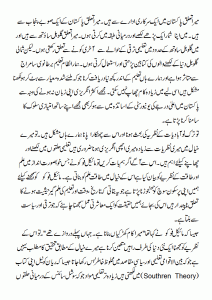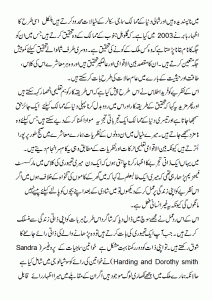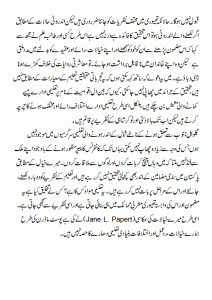Read also in SPANISH
It’s time to abandon development and think about postdevelopment instead.
by Julia Schöneberg
“They talk to me about progress, about ‘achievements,’ diseases cured, improved standards of living. I am talking about societies drained of their essence, cultures trampled underfoot, institutions undermined, lands confiscated, religions smashed, magnificent artistic creations destroyed, extraordinary possibilities wiped out. They throw facts at my head, statistics, mileages of roads, canals, and railroad tracks. […] I am talking about natural economies that have been disrupted – harmonious and viable economies adapted to the indigenous population – about food crops destroyed, malnutrition permanently introduced, agricultural development oriented solely toward the benefit of the metropolitan countries, about the looting of products, the looting of raw materials.”
– Aime Césaire (1950): ‘Discourse on Colonialism’



